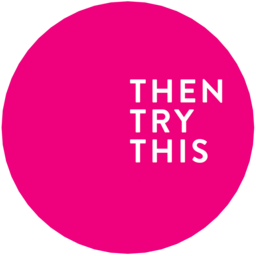(Algo|Afro) Futures artist announcement
We're very happy to announce the four artists selected for the (Algo|Afro) Futures programme, who will be approaching live coding from diverse range of practices including spoken word, digital art and electronic music.
